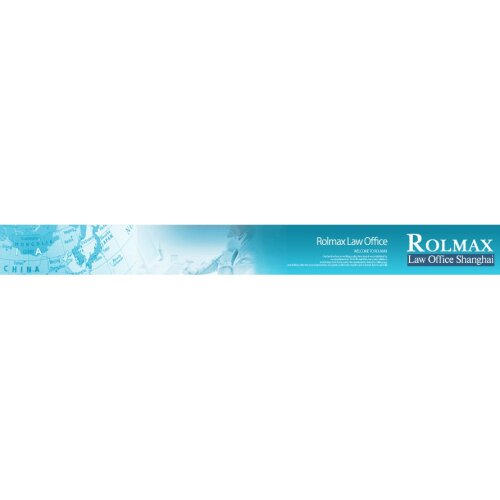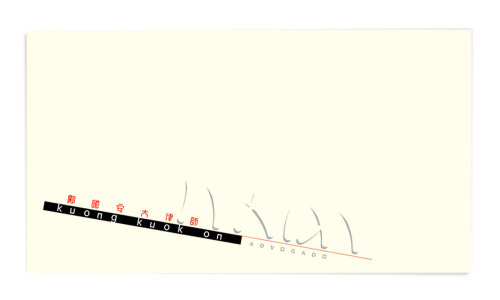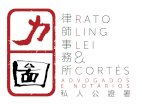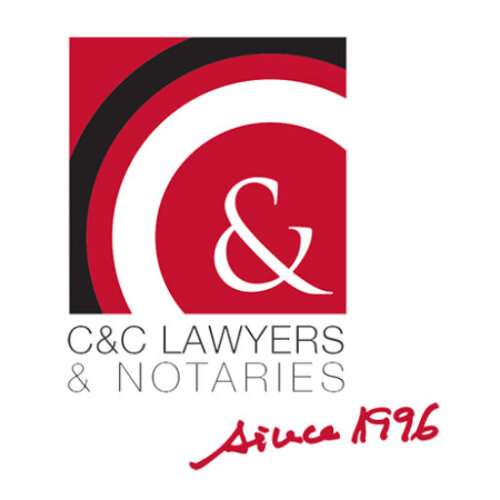Best Bad Faith Insurance Lawyers in China
Share your needs with us, get contacted by law firms.
Free. Takes 2 min.
Or refine your search by selecting a city:
List of the best lawyers in China
About Bad Faith Insurance Law in China
Bad Faith Insurance in China refers to the practice where an insurer unlawfully refuses to pay a claim or mishandles a policyholder's claim leading to unjust financial or emotional stress. While the concept of "bad faith" is prominent in Western legal systems, in China, it is often tied to the broader principles of contract law and consumer protection. The Chinese legal system emphasizes the sanctity of contracts and sincerity, aiming to ensure that insurance companies honor their obligations under the policies they issue.
Why You May Need a Lawyer
Individuals may find themselves in need of a lawyer for several reasons related to Bad Faith Insurance in China. Common situations include:
- The insurer unjustifiably denies a claim.
- The insurer delays claim processing excessively.
- The payout offered by the insurer is significantly less than the coverage value.
- The insurer interprets policy terms in a biased manner against the policyholder.
- When facing sophisticated legal arguments from insurers aiming to void coverage.
- Disputes arising from ambiguous policy language.
A legal expert can provide guidance on navigating the complexities of insurance contracts, ensure fair treatment, and advocate for the insured's rights.
Local Laws Overview
The key aspects of local laws relevant to Bad Faith Insurance in China are primarily governed by the Insurance Law of the People's Republic of China and the Contract Law. Important points include:
- Contract Integrity: Insurers must execute contracts fairly and in good faith.
- Consumer Protection: Regulations uphold consumer rights and prevent deceptive practices.
- Policy Transparency: Insurers must be transparent with policy terms and conditions.
- Claims Handling: Guidelines on timely and fair claims processing are strictly outlined.
- Legal Recourse: Policyholders have the right to seek redress in cases of unfair treatment through mediation or litigation.
Frequently Asked Questions
What constitutes bad faith in insurance practices in China?
Bad faith generally involves unfair practices by insurers such as unwarranted claim denials, deliberate underpayment, policy misrepresentation, or unjust delays in claim settlement.
Can bad faith claims be directly pursued in China?
While the concept isn't explicitly separate, aggrieved policyholders can seek recourse for breach of contract or deceptive practices under existing laws.
What is the first step if I suspect my insurer is acting in bad faith?
Gather all relevant documentation, review the policy terms, and consult a lawyer to evaluate the situation and discuss potential actions.
How long does it take to resolve a bad faith claim in China?
The duration can vary depending on complexity, the insurer's responsiveness, and whether the case proceeds to court. It can take months or potentially over a year.
Is mediation a viable option for insurance disputes in China?
Yes, mediation is encouraged as a first step for dispute resolution. It can often be quicker and less expensive than litigation.
Are punitive damages available for bad faith insurance claims?
China's laws typically focus on compensatory damages. Punitive damages are not standard but can apply under specific circumstances involving intentional misconduct.
Do insurance laws in China favor the consumer or the insurer?
The legal framework aims to balance interests but with a growing emphasis on consumer protection to prevent unfair practices by insurers.
Can a foreigner file a bad faith insurance claim in China?
Foreigners with valid insurance policies in China can file claims. Legal counsel familiar with both local and international laws might be necessary to navigate the process.
What are common defenses used by insurers in bad faith cases?
Insurers may claim misinterpretation of policy terms, argue the claim falls under exclusions, or assert procedural noncompliance by the insured.
Are there limitations on filing a complaint against an insurer?
Limitation periods apply, typically two years from the time the insured becomes aware of the issue, but specifics may depend on case details.
Additional Resources
Several resources can assist those seeking information or help with Bad Faith Insurance issues in China:
- China Banking and Insurance Regulatory Commission (CBIRC): Oversees insurance practices and consumer complaints.
- Local Consumer Protection Bureaus: Provide assistance and guidance on consumer rights issues.
- Legal Aid Centers: Offer affordable or free legal advice to those needing support.
- Professional Legal Consultation: Engaging a lawyer specializing in insurance law can provide tailored advice.
Next Steps
If you suspect you are a victim of Bad Faith Insurance, consider following these steps:
- Document Everything: Keep records of all correspondence, policies, and claims.
- Consult a Lawyer: Find a legal expert specializing in insurance law for initial advice.
- Consider Mediation: Attempt mediation if available and deemed appropriate by your counsel.
- Prepare for Legal Action: If needed, your lawyer will guide you on how to initiate the legal processes against the insurer.
Securing competent legal representation is crucial to ensure your rights are protected and you receive the justice and compensation you deserve.
Lawzana helps you find the best lawyers and law firms in China through a curated and pre-screened list of qualified legal professionals. Our platform offers rankings and detailed profiles of attorneys and law firms, allowing you to compare based on practice areas, including Bad Faith Insurance, experience, and client feedback.
Each profile includes a description of the firm's areas of practice, client reviews, team members and partners, year of establishment, spoken languages, office locations, contact information, social media presence, and any published articles or resources. Most firms on our platform speak English and are experienced in both local and international legal matters.
Get a quote from top-rated law firms in China — quickly, securely, and without unnecessary hassle.
Disclaimer:
The information provided on this page is for general informational purposes only and does not constitute legal advice. While we strive to ensure the accuracy and relevance of the content, legal information may change over time, and interpretations of the law can vary. You should always consult with a qualified legal professional for advice specific to your situation.
We disclaim all liability for actions taken or not taken based on the content of this page. If you believe any information is incorrect or outdated, please contact us, and we will review and update it where appropriate.
Browse bad faith insurance law firms by city in China
Refine your search by selecting a city.















